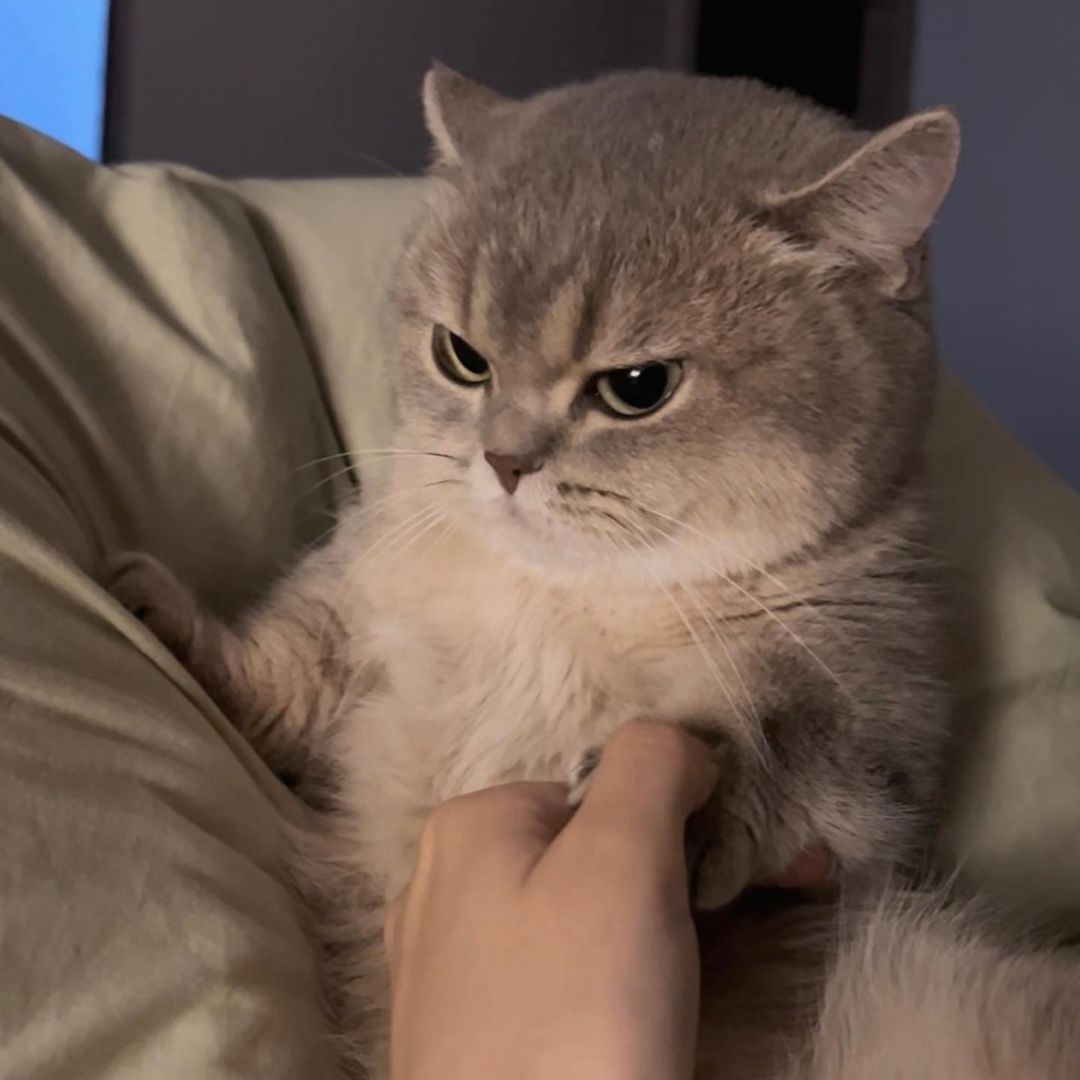
Do Cats Hold Grudges?
Share
Introduction:
Cats, those captivating enigmas with their fuzzy personalities and beguiling behaviors, have been enchanting humans for centuries. Among the myriad of questions that swirl in the minds of cat aficionados, one particularly puzzling query persists: Can cats truly harbor grudges? As any cat enthusiast will attest, these furballs are a complex mix of emotions. But do they possess the capacity for long-lasting resentment? Let's embark on a journey into the enigmatic realm of cat behavior to demystify the age-old question: Do cats hold grudges?
Deciphering the Feline Mind:
To tackle this conundrum, it's imperative to first unravel the intricacies of feline behavior. Cats communicate through a rich tapestry of meows, tail flicks, and quirky antics. Their independence, territorial instincts, and the knack for forming profound connections with their human counterparts contribute to their unique charm. Yet, understanding their emotional intricacies requires a keen eye and a deep dive into their subtle cues.
Memory Lane and Grudge Lane:
Cats boast an impressive memory, particularly when it comes to associating experiences with emotions. Research indicates that felines can recollect past events, raising questions about their potential to nurse grudges. While this memory prowess aids their navigation and attachment formation, it sparks contemplation about whether cats harbor lasting displeasure.
Instances of Perceived Animosity:
Cat owners often swap tales of their furry companions exhibiting behaviors that hint at holding a grudge. Picture this: a cat giving its human the cold shoulder post-vet visit or expressing disdain for a disrupted household routine. Though these behaviors might scream resentment, experts argue they could be manifestations of stress, fear, or anxiety rather than intentional grudge-holding.
Territorial Tango:
Cats, known for their territorial nature, can feel perturbed by changes in their environment. Introducing a new pet, welcoming a bundle of joy, or altering the household dynamics might provoke avoidance or aggression. Instead of a grudge, these behaviors often stem from a cat's instinct to protect its territory or routine.
Social Chessboard:
In households with multiple cats, a complex dance of social hierarchies ensues. Skirmishes over territory or resources might lead to temporary avoidance, giving the illusion of grudge-holding. However, it's more about maintaining social balance than nursing lingering resentment. Cats employ a unique conflict resolution strategy—avoidance over direct confrontation.
Trust as the Linchpin:
Trust emerges as a pivotal factor in feline relationships. A betrayed or traumatized cat may take time to rebuild trust with its human or feline counterparts. This rebuilding process isn't an expression of grudge-holding; rather, it's a cautious endeavor to ensure safety and well-being.
In Conclusion:
In the complex mosaic of feline behavior, the question of whether cats nurse grudges persists as an elusive mystery. While their actions may seem resentful or avoidant, they're often rooted in stress, fear, or the need to establish and maintain territory. Unraveling the subtleties of a cat's emotional language and acknowledging their quest for security and trust is key to cultivating a healthy and harmonious relationship. So, the next time your cat seems to be playing hard to get, consider the broader context—it might not be a grudge but a plea for understanding and reassurance.
